Imagine being a year locked down for a pandemic and two and a half years into retirement. You’d probably get a tad frustrated at being unable to do things you postponed for a decade or two before retiring. Things like exploring new (to me) places and new (to me) arts. Or challenges like going to Rome on foot from Manchester. Of course I’m free to explore new (to me) ideas by way of books and a web of electronic transmissions (without which I couldn’t order the books).
I have come to realise that I miss being an actual explorer. I took up geology for the adventure. Then I stumbled into geophysics, an applied science that paved a path to travel and the adventures I craved. I spent over forty years in joint enterprise exploration of the subsurface of the earth. I assisted by helping to illuminate the rock hidden geologic formations with geophysical techniques. Like any enterprise, like a mission to the moon or a kidney transplant, the ‘I’ of me is but a small part among the myriad solicitations of tiny contributions that collectively made it possible for ‘us’ to achieve ‘our’ goals.
Instinctively, as soon as I retired, at that time living in London, I took to exploring the hidden river of London. Among them, I walked the Westbourne, the Tyburn and the Fleet. And then I circled London twice on foot. I first did the Capital Ring and then the London Loop. That’s some three hundred km or more between the two loops.
‘It is fascinating that the word ‘explore’ does not apply to the searching aspect of the activity, but has its origins in the sounds we make while engaged in it. We like to think of exploring in science as a lonely, meditative business, and so it is in the first stages, but always, sooner or later, before the enterprise reaches completion, as we explore, we call to each other, communicate, publish, send letter to the editor, present papers, cry out on finding.’
– Lewis Thomas The Lives of a Cell 1974
There’s a beautiful (to me) symmetry in the phrase ‘but has its origins in the sounds we make while engaged in it’. My type of geophysics was all about sending sound waves into the skin of the earth and making images of the long buried rock formations out of the echoes recorded back on the surface.
Serendipity put me to work as computing became ever more affordable and practical. That said, fifty years on, the maths that describe viscoelastic behaviour are still not affordable. Indeed, I once estimated that there might be compute power enough by around 2030. The easy bit is that any applied stress, such as a sound wave impinging on a porous rock, results in an instantaneous elastic strain that is remotely detectable as an acoustic impedance change, that is, an echo. With this computation, we can see the layering relatively easily from the surface. Determining the contents of the rock formations is another matter entirely. Rocks that contain connate waters, or other more valuable fluids, for example, will deform ever so slightly with a time-dependent strain. That’s the viscous element that’s so hard to model and compute on the scale needed to satisfy desktop rock property analysis for the extractive energy industry.
The symmetries I found in Thomas continued in that book of Lewis Thomas’ collected scientific essays that was and is such a major influence on my life. He wrote of things almost unseeable, developed extraordinary insights and extrapolated with uncanny accuracy and pragmatism. That was the life of applied science I aspired to and I was lucky enough to find myself among like minded people very early in my career. It was very hard by times but it was a very enjoyable working ethic and environment.
Here’s Lewis Thomas again on germs in 1975, something I didn’t really understand it until 2015.
‘It is the information carried by the bacteria that we cannot abide.
The gram-negative bacteria are the best examples of this. They display lipopolysaccharide endotoxin in their walls, and these macromolecules are read by our tissues as the very worst of bad news. When we lipopolysaccharide, we are likely to turn on every defence at our disposal; we will bomb, defoliate, blockade, seal off, and destroy all the tissues in the area. Leucocytes become more actively phagocytic, release lyosomal enzymes, turn sticky, and aggregate together in dense masses, occluding capillaries and shutting off the blood supply. Complement is switched on at the right point in its sequence to release chemotactic signals, calling in leukocytes from everywhere. Vessels become hyperreactive to epinephrine so that physiologic concentrations suddenly possess necrotising properties. Pyrogen and his release from leucocytes, adding fever to haemorrhage, necrosis, and a shock. It is a shambles.’
And this is how I understood going into septic shock. I read that first in 1975 or thereabouts, barely understanding it. It was the key to the explanation of septic shock that was stored deep in my brain for forty years until I got my very own sepsis. I came to know there lurked within me an explanation better than that I got from interrogating the microbiologists that saved me. And eventually, my memory that works I know not how, retrieved a clue and I found my way back to page 92 in a book that has sat on our shelves all these years.
These somewhat rambling thoughts came to me as we watched the documentary Kubrick by Kubrick as directed by Gregory Monro earlier today. It’s on show (in your home) at the Virgin Media Dublin International Film Festival. To be clear, Kubrick has had a huge influence on my life too. Full Metal Jacket left me traumatised for days afterwards and very much changed the way I perceived war. I could say the same of Dr Strangelove or tell you how A Clockwork Orange led me to distrust authority. To paraphrase Kubrick from the movie tonight, how does any society balance the aspirations for altruism and cooperation against the kinds of xenophobia and tyranny that would protect them?
It’s peculiar to live in a world where nations are competing to protect their populations against a pandemic as if it was a local event. How does a progressive society mitigate the xenophobia and tyranny such that altruism and cooperation can flourish? It’s another shambles.

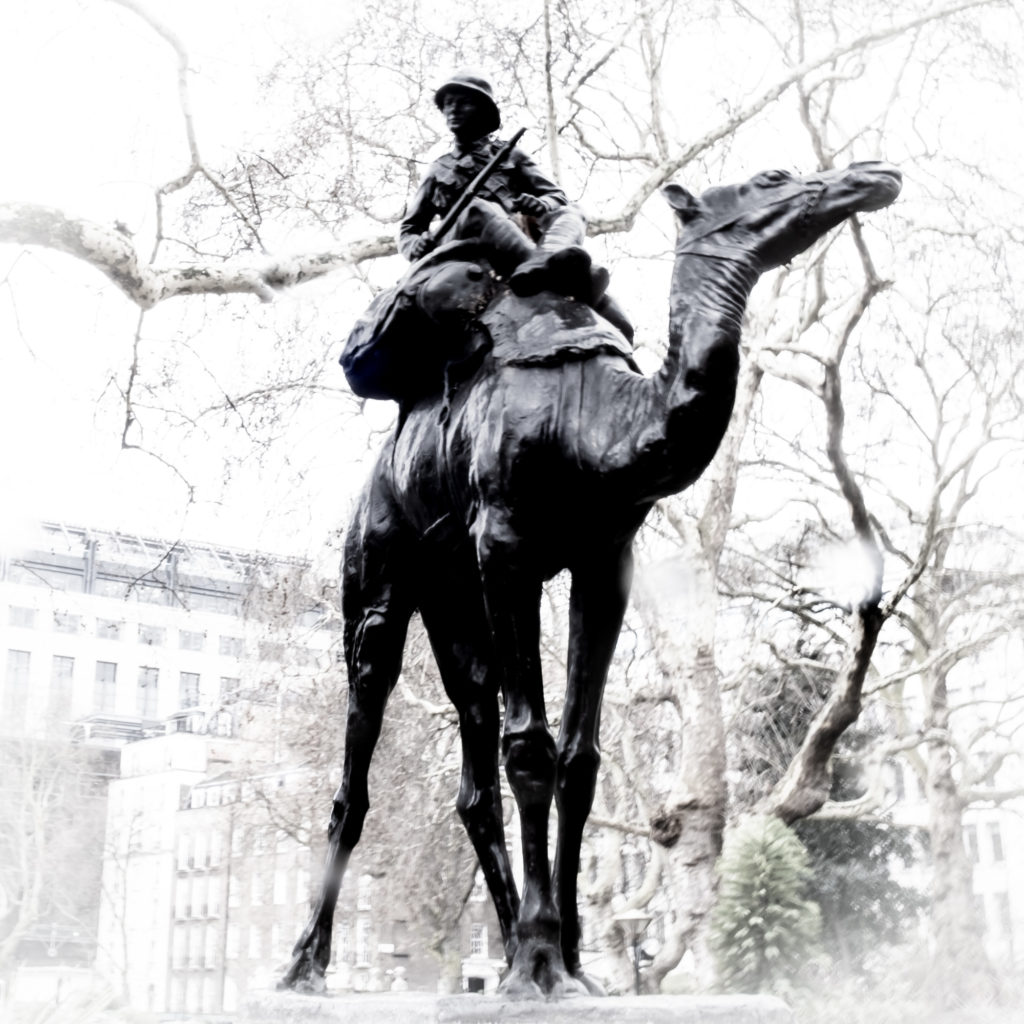
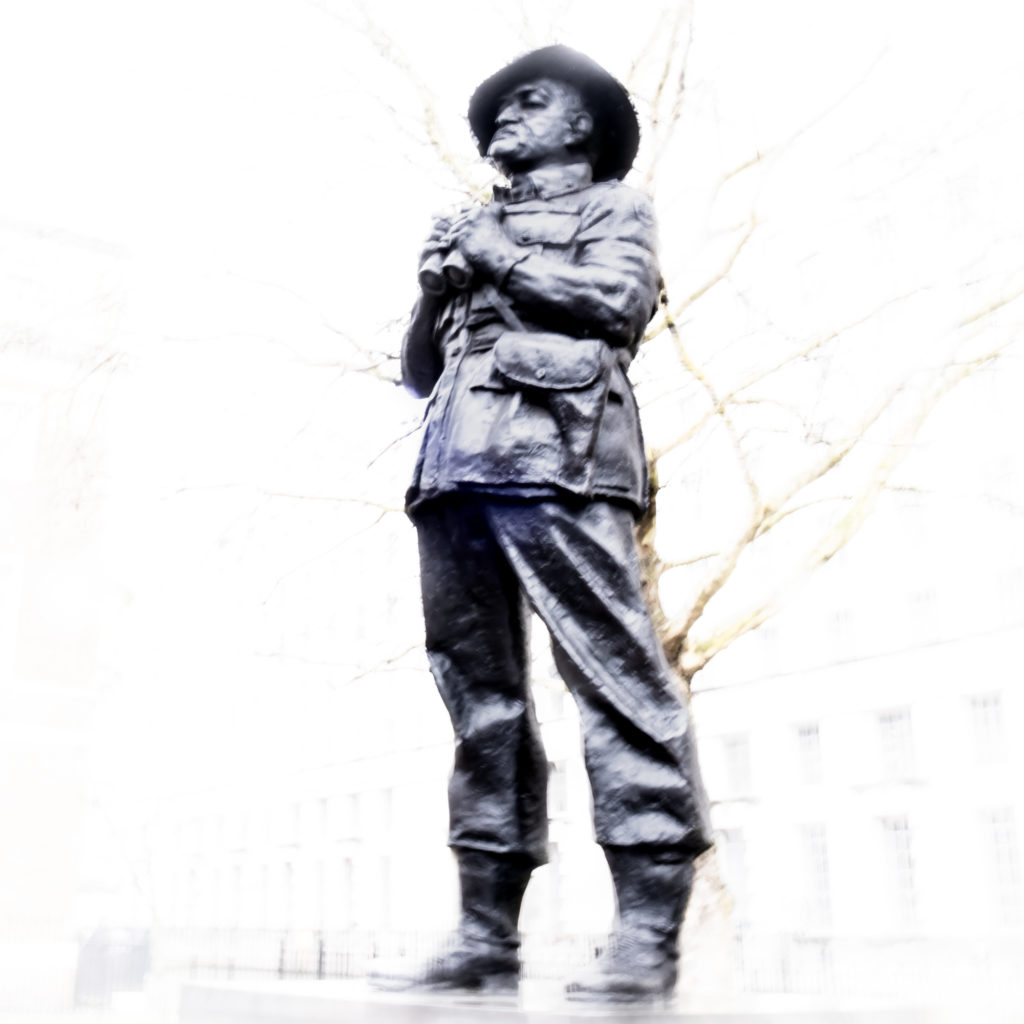
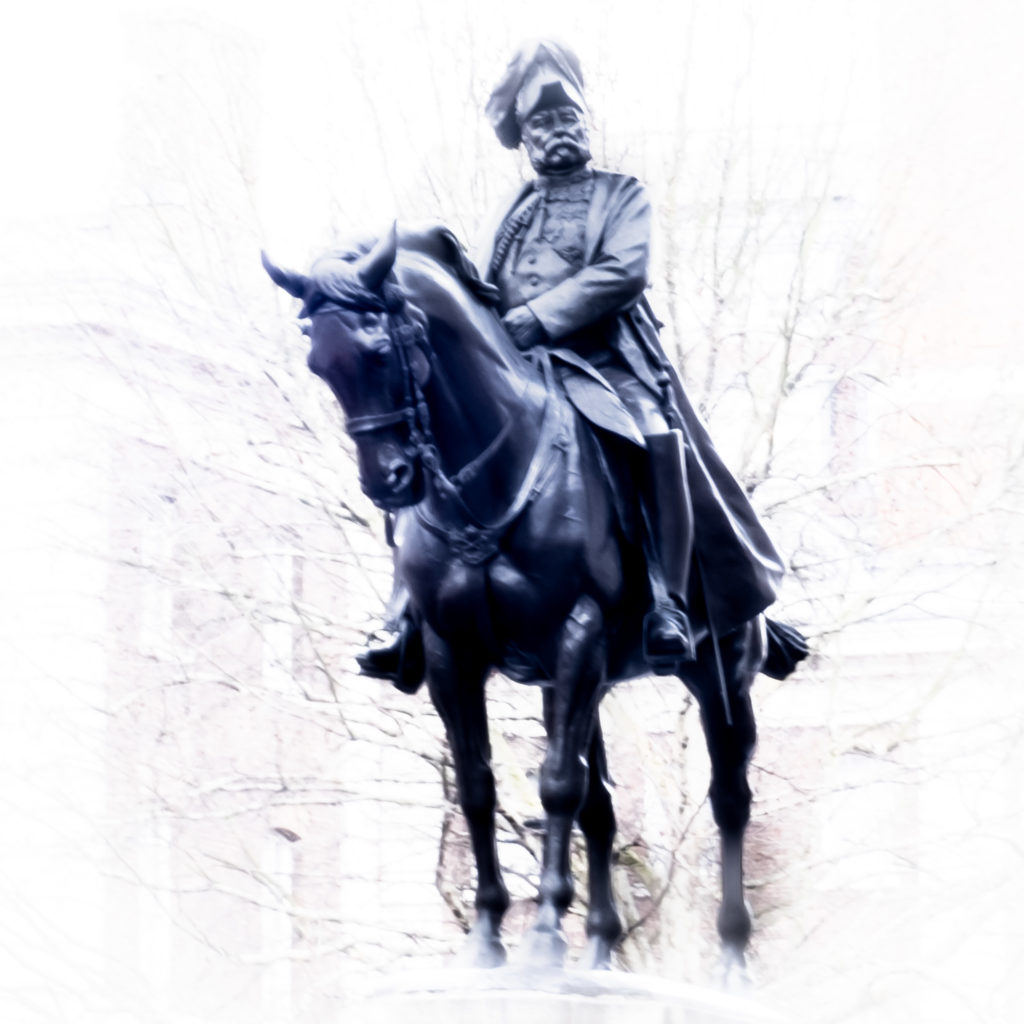
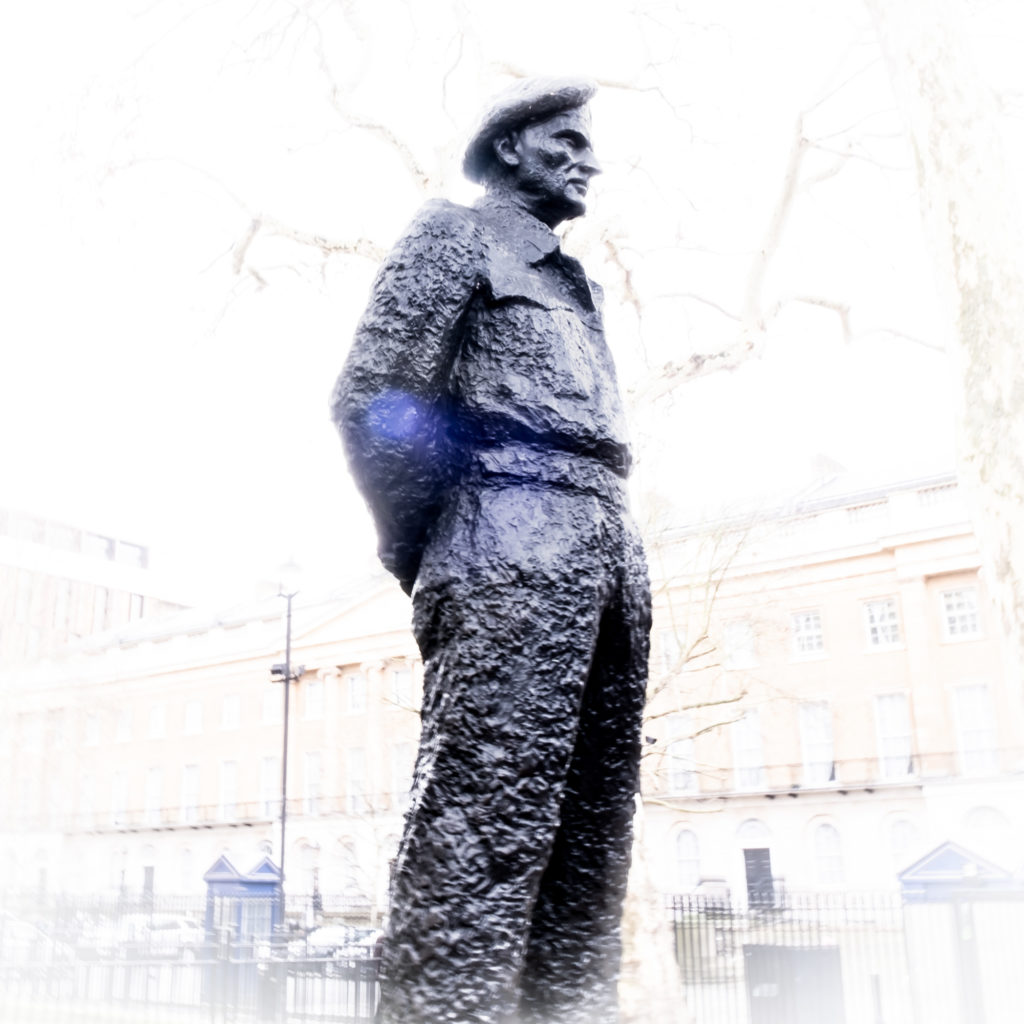
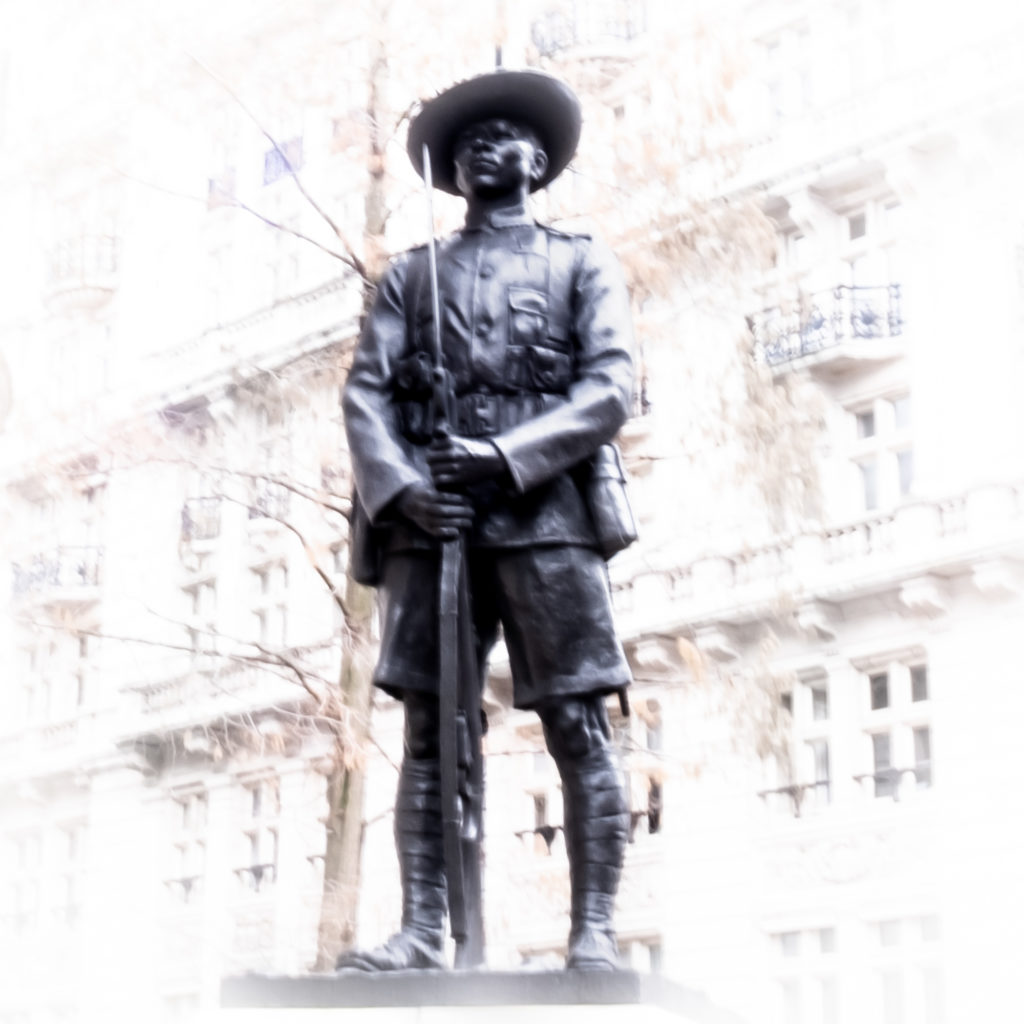
Leave a Reply